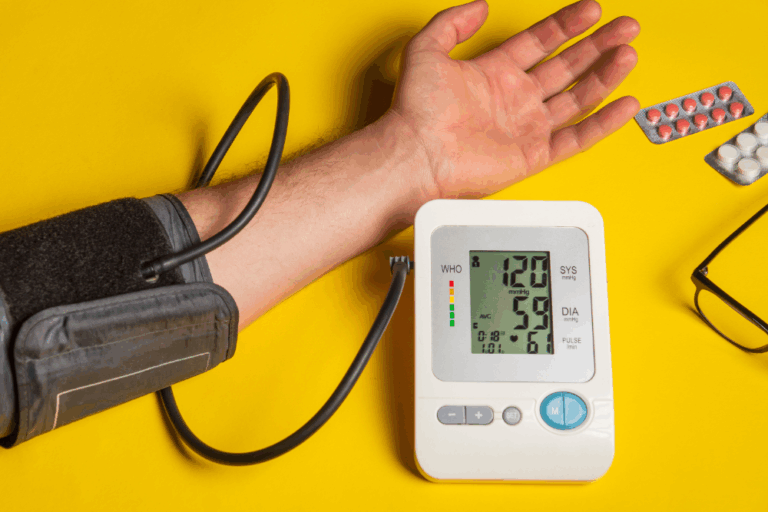-
Betson V
- July 28, 2025
The rainy season may bring relief from the heat but it can also affect your blood pressure. Many people, especially those suffering with hypertension notice sudden spikes during this time of the year. Read on to understand why this happens.
What Causes BP to Rise During Monsoon?
1. Drop in Temperature
During the rainy season, the temperature tends to drop suddenly. Cold weather can cause the blood vessels to tighten up, which makes it harder for blood to pass through. As a result, your heart has to work harder to pump blood, leading to a rise in blood pressure.
2. Low Physical Activity
Rainy days often mean staying indoors, skipping walks or delaying outdoor workouts. This lack of movement can reduce blood circulation and lead to weight gain or stiffness in the body, both of which can negatively impact blood pressure. Regular physical activity helps keep BP in check.
3. Diet Changes
Monsoon is known for comfort food cravings like fried pakoras, samosas, instant noodles and salty snacks. These foods are often high in sodium, which causes the body to retain water and raises blood pressure. Even small dietary indulgences can quickly affect BP levels.

4. Humidity & Stress
Sudden weather shifts and high humidity often affect the body’s internal balance. Add to that the stress caused by waterlogging, traffic jams, delayed travel and general disruption to daily life, which can raise cortisol (the stress hormone) levels in the body. Stress is a well-known contributor to high blood pressure.
How to Manage Your BP This Season
- Stay Active Indoors
Try home workouts or walking in your society premises for at least 20 minutes a day. - Limit Salt Intake
Avoid processed food and say no to extra salt on fruits or snacks. - Stay Hydrated
Drink enough water even if you don’t feel thirsty. Dehydration can raise BP. - Eat Heart-Healthy Foods
Include bananas, spinach, oats and nuts in your regular diet. - Monitor BP Regularly
Keep a BP monitor at home and check regularly if you have a history of hypertension. - Manage Stress
Deep breathing, reading or light music can help you relax.
